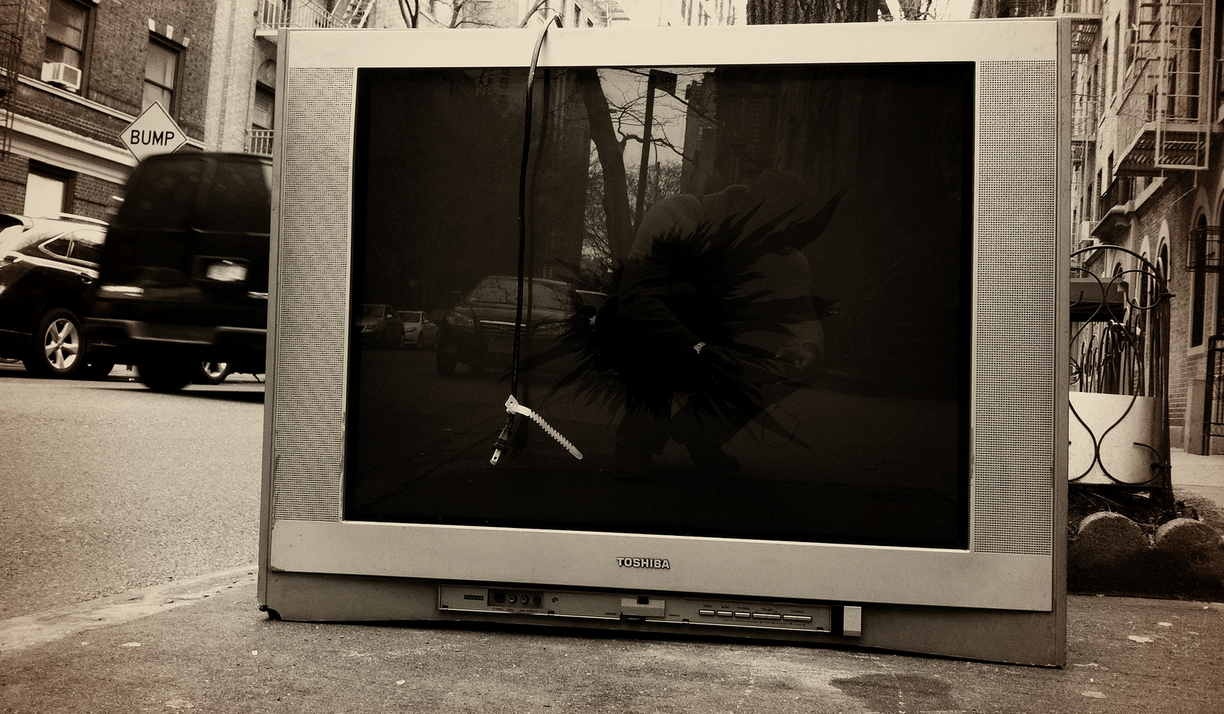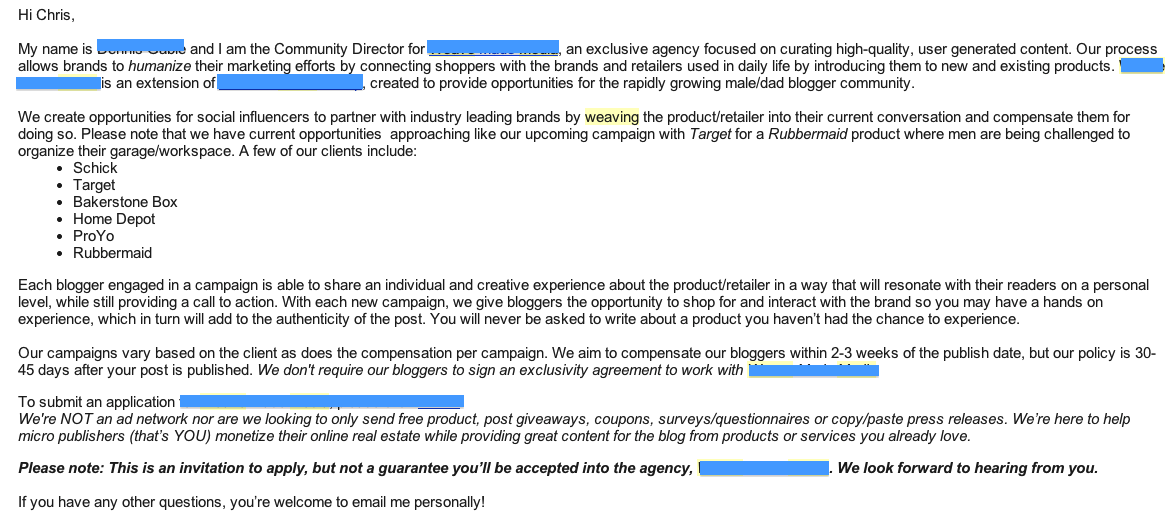Most of us accept the fact that advertisers have to massage the truth to put their products in the best possible light. You’re likely to sell more widgets saying “The fastest widget on the market!” and doing your best to hide the disclosure that you really mean it’s the fastest widget you can buy at one particular market in rural Alberta. But some advertisers have apparently been getting too fine with their fine print and have been put on notice by federal regulators to just stop it already. [More]
advertising
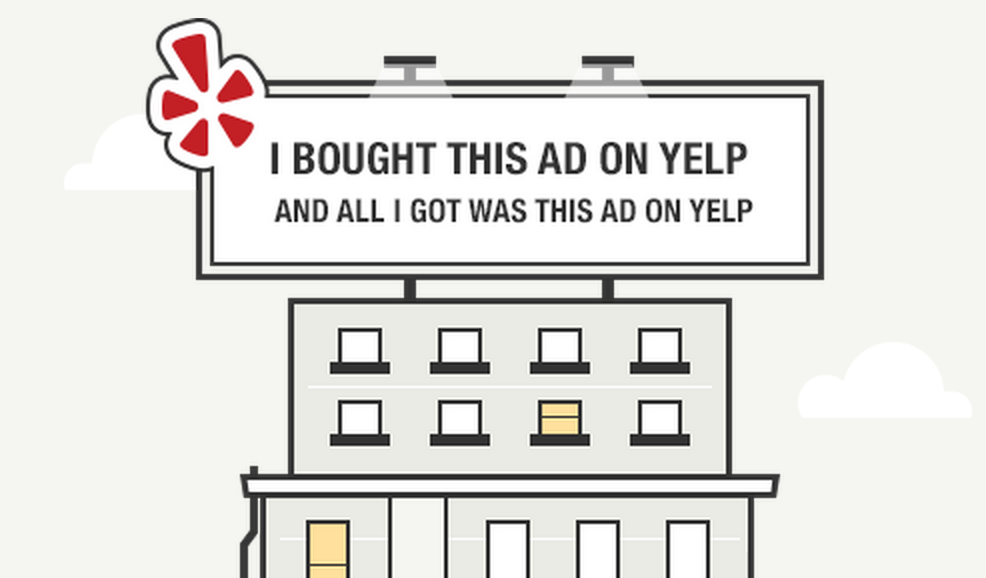
Yelp Swears It Doesn’t Manipulate Reviews, Even Though It’s Allowed To
Earlier this month, a federal appeals court held that Yelp is free to shuffle positive and negative reviews around at will, and can even use that freedom as a way to urge businesses to advertise on the site. But even in light of this ruling, Yelp maintains that buying ads on the site does not determine which reviews show up for your business. [More]
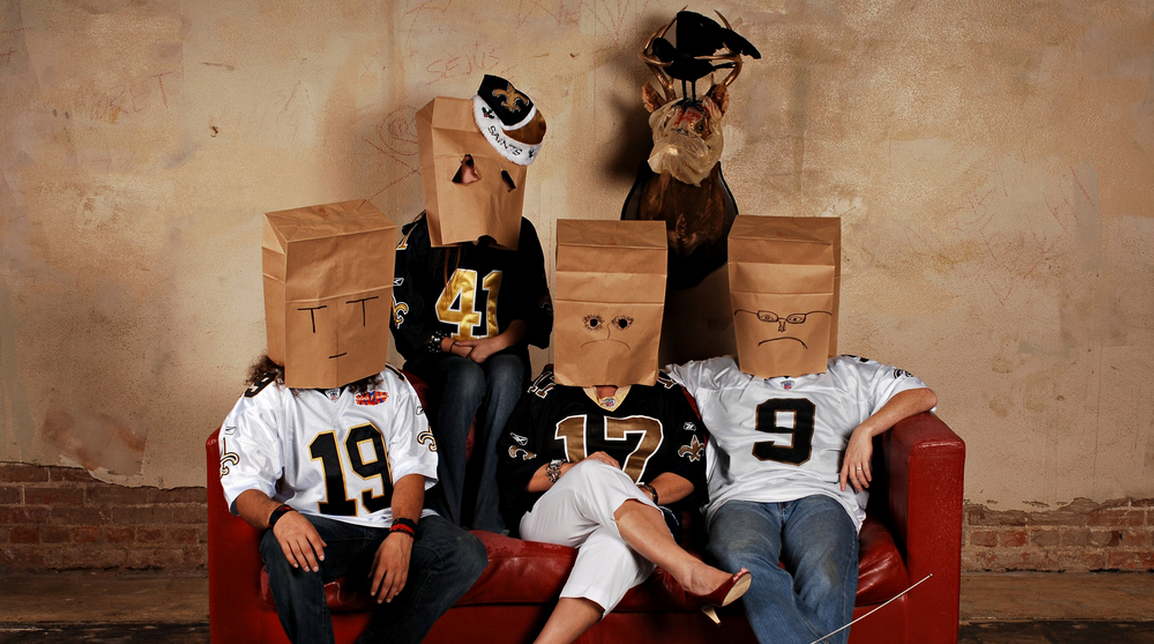
Procter & Gamble Reportedly Cancels NFL Breast Cancer Awareness Promotion
The nation’s largest TV advertiser, and the company that makes many of the products in your bathroom, has reportedly decided against sponsoring the NFL’s annual breast cancer awareness initiative in the wake of numerous allegations of domestic abuse against players. [More]
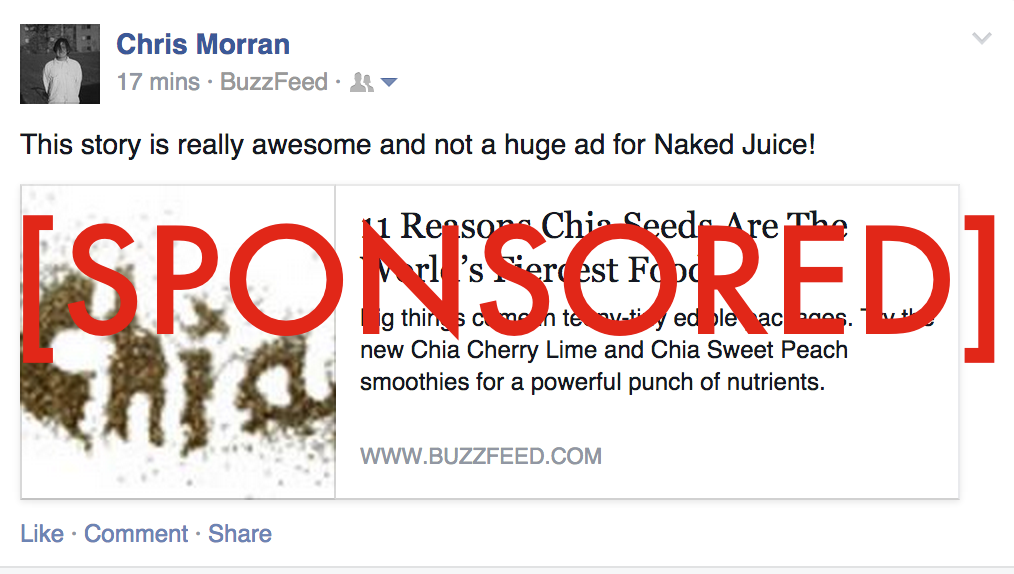
If Facebook Is Going To Label Satirical Stories, It Should Be Calling Out Ads Posing As News Links
Facebook began labeling certain shared links as “satire,” as a bit of hand-holding for its less-savvy users who can’t tell the difference between an actual news headline and one written by the writers of The Onion. But what Facebook really needs to do is start labeling so-called “native” or sponsored stories on non-satire sites so that your idiot friends might think twice before sharing a story that is really just an ad for some juice company. [More]

This LifeAlert Ad Is Creepier Than American Horror Story
Fear can be a good motivator in marketing. It’s probably not such a good motivator when your ads freak everyone out so much that they leave the room or change the channel. What company has consumers so frightened that they’re begging the company to stop showing the ads? Life Alert. Yes, the people behind the often-mocked “I’ve fallen and I can’t get up” ads. [More]
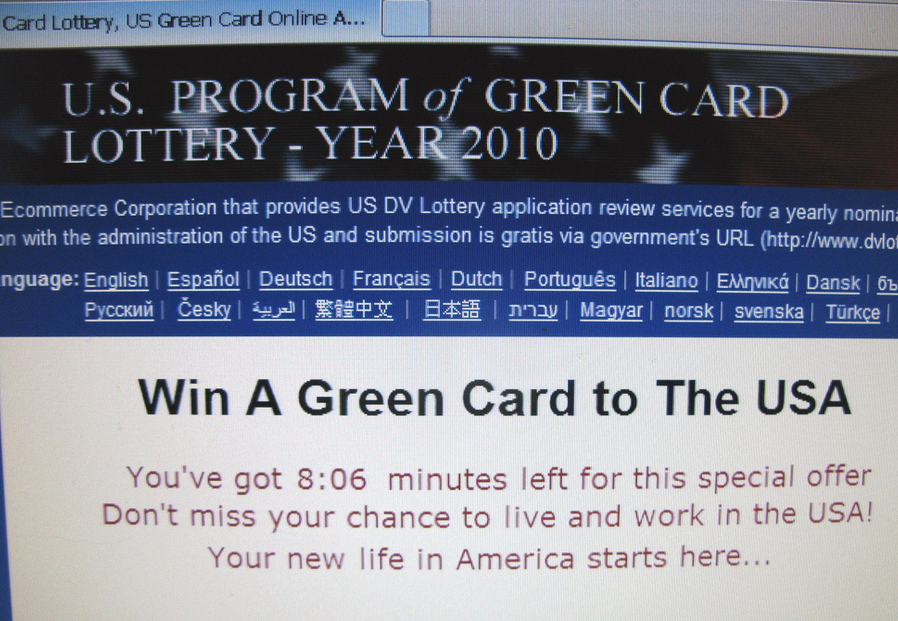
Creator Of Pop-Up Ads Apologizes For Doing His Part To Ruin The Internet
Along with auto-play video and auto-refresh webpages, pop-up ads make up the unholy trinity of browsing the Internet. Now, the man who wrote the code for the first ever ad to come out of nowhere and spoil your reading experience is saying he’s sorry to the world. [More]

Truly Depressing: 400K People Watched Arby’s “Brisket Channel” For Average Of 38 Minutes
Perhaps it was to satisfy an atavistic desire, connecting across the eons with our hunter/gatherer forebears by gazing in awe as a slab of animal meat cooks slowly, the fat rendering, collagen melting. Or perhaps we’ve reached another stage in the mind’s evolution, with some next-level humans able to divine meaning and narrative out of watching a brisket cook through the lens of a single fixed TV camera. Please let there be some sane, acceptable explanation why hundreds of thousands of people would tune in to watch an Arby’s marketing stunt, and why they would give it more attention than they would the average TV show. [More]
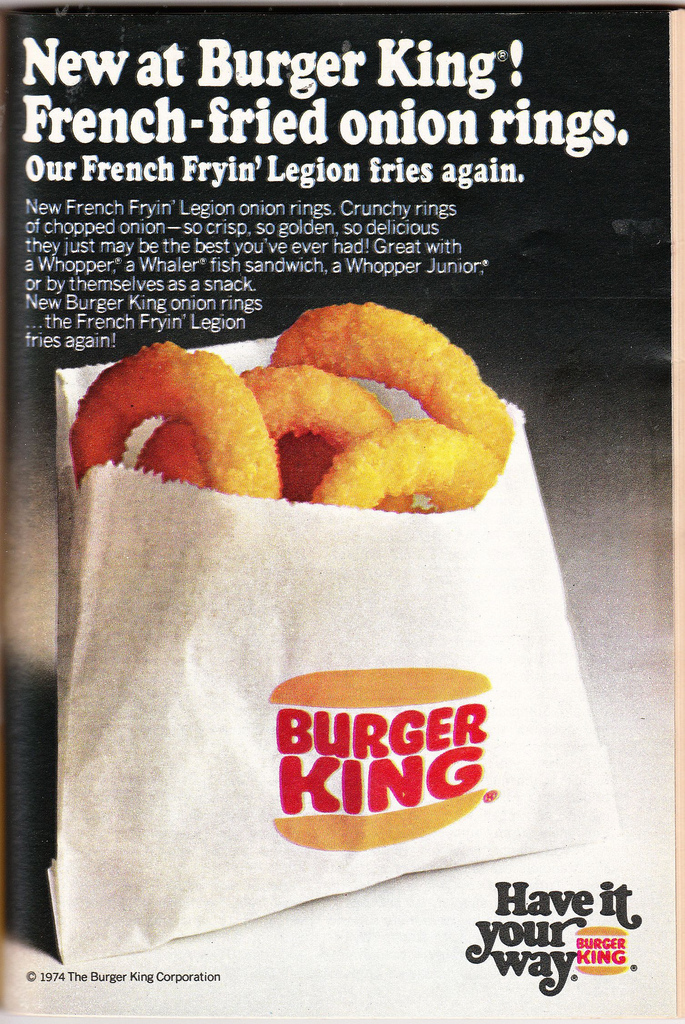
Burger King’s Largest Franchisee Blames Local Ad Cuts For Lower Sales
A few weeks ago, we shared with you a Bloomberg Businessweek cover story about fast-food chain Burger King, its young leadership, and its effort to change a lot of things about the fast-food brand business model. When the chain shed most of its corporate-owned stores in the U.S. in 2012, existing franchisees like publicly traded Carrols took on those restaurants. Its sales are down, Carrols wants investors to know, because Burger King cut back on local ad reimbursements to his loyal subjects. [More]

Cannabis Company Unveils Country’s First Marijuana Billboards In Seattle
Back in my day, the only billboards along the side of the road were for things like light beer, ambulance chasers, adult video stores, fast food and car dealerships. No longer will roadside advertising be limited to such things, as a new era of everyday legal marijuana use in Washington has made the country’s first cannabis billboards a reality. [More]

GEICO Spent Almost $1 Billion On Advertising Last Year
If it seems to you that Geico advertises during every program you watch on TV, you’re not wrong. The insurance company spent $935 million on ads last year, and there cannot possibly be anyone left in this country who doesn’t know how long it might take them to save 15% on car insurance. Can there? [More]
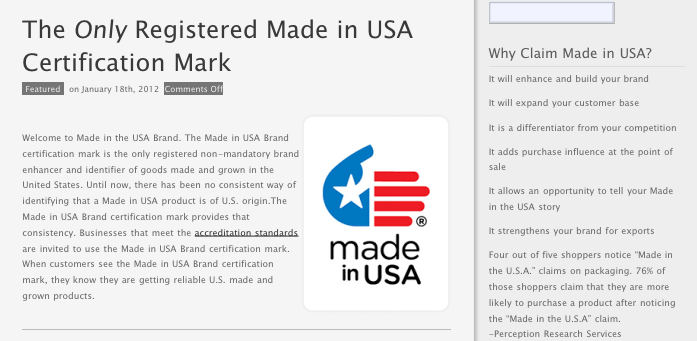
You Can’t Sell “Made In The USA” Seals Without Checking That Products Live Up To That Label
As we’ve talked about in previous stories, while there are federal guidelines about what constitutes a “Made In America” product, manufacturers are operating on an honor system because it would be too onerous a task for the government to actually investigate every product claiming to be American-made. But if a company charges thousands of dollars for seals that indicate that a product’s Made In USA bona fides have been verified, it should actually be doing something to check those claims. [More]
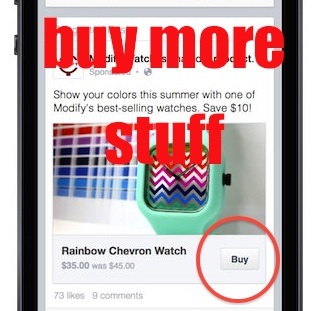
Now Facebook Is Testing A “Buy” Button In Its Ads
Because you should apparently never, ever have to even consider leaving Facebook to do anything, the online baby photo depository and place where recently divorced singles go to try to reignite high school romances has begun testing a “Buy” button that allows you to purchase crap you could buy elsewhere. [More]

Nordstrom Catalog Acknowledges That People With Disabilities Like Fashion Too
Much in the way that not everyone is a size 0 or built like a Greek god, not everyone who wants to dress in nice clothes has the use of all of their limbs. Then there are all the people with disabilities that aren’t immediately evident, but which nonetheless have a huge impact on their lives. These folks represent billions of dollars in buying power, but often go overlooked in fashion advertising, though not in the pages of Nordstrom catalogs. [More]
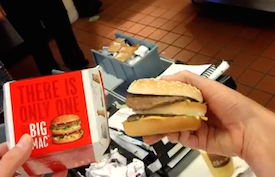
Guy With Hidden Camera Asks Fast Food Workers To Remake His Orders More Like The Ads
While it’s no news to anyone who has eyes in their head that fast food reality barely ever lives up to those glistening tomatoes, perky lettuce and perfectly chargrilled patties in the ads, what if you simply asked for your food to be remade in its commercial image? Either you’d get a lot of laughing in your face, or heck, maybe you could convince someone to try a little bit harder just for you. [More]
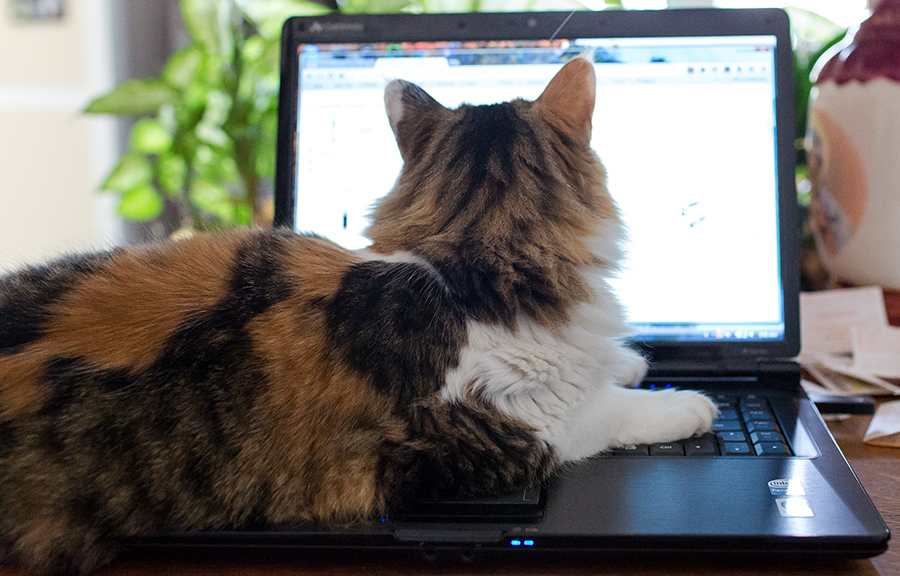
Snooping Sites, Aimless Ads, Sexist Stereotypes: A Look Back At The Week In Tech News
It’s a big, busy world, and even with a smartphone in your pocket at all times it’s hard to read everything written about it in a week. Sometimes, useful info slips through the cracks. So, here are five interesting stories from the world of internet and technology news. [More]
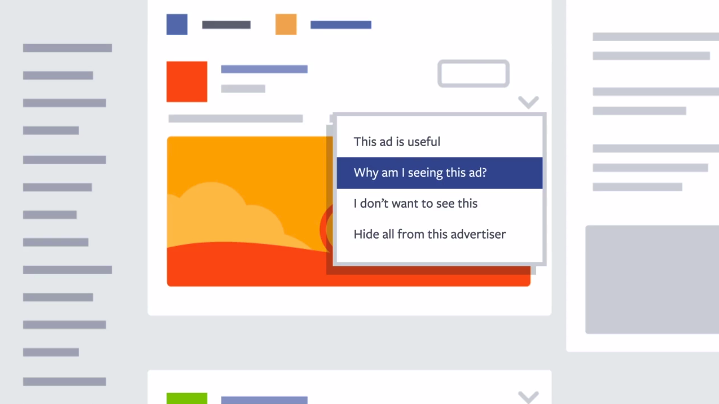
Facebook Is Now Selling Your Web-Browsing Data To Advertisers
You know how it’s really creepy when you go looking for a new TV online and then go to Facebook and the ad spaces that you typically ignore are now populated with advertising for the very brands of TV you just checked out? Until now, they’ve been the product of third-party ad networks and creepy data aggregators like Acxiom while Facebook itself had kept its hands clean by not selling the data it had acquired about your Web browsing habits. But in an effort to bring you even creepier, more targeted ads, Facebook will now be making more info about you available to advertisers. [More]
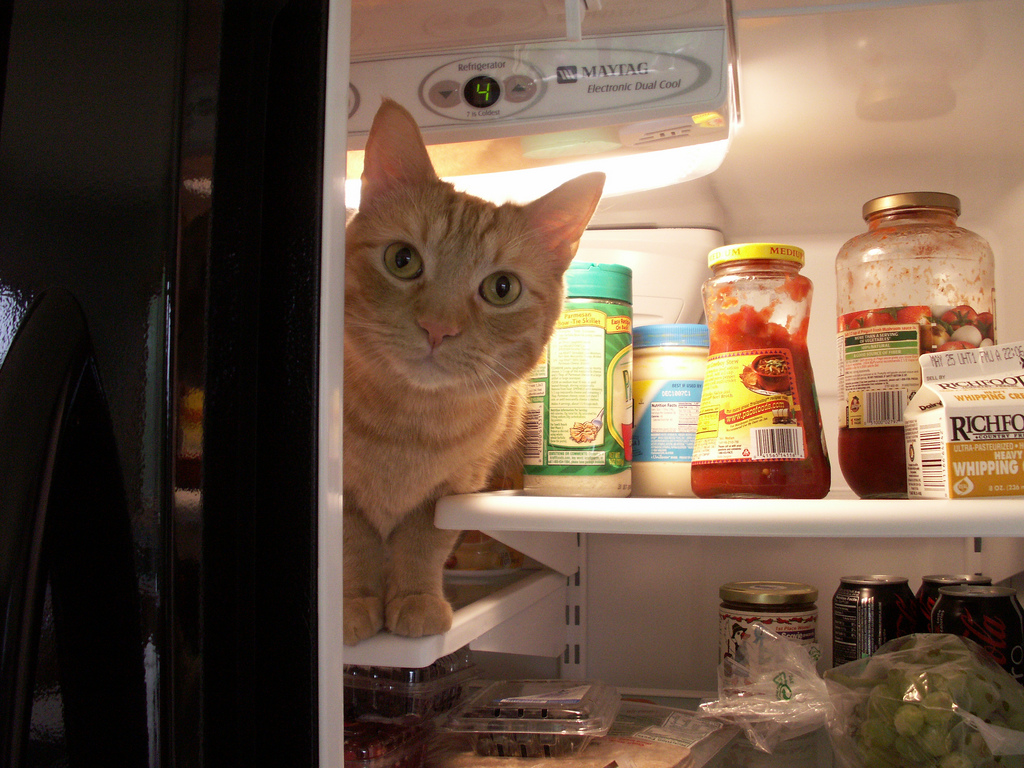
Google Thinks Your Fridge, Thermostat Will Make A Great Billboard
Marketers’ never-ending quest to cram advertising into every square inch of digital space just keeps getting more territory to work with. The next frontier in bringing advertising into your home? Your thermostat and your fridge — because your TV, computer, and phone apparently aren’t enough. [More]


